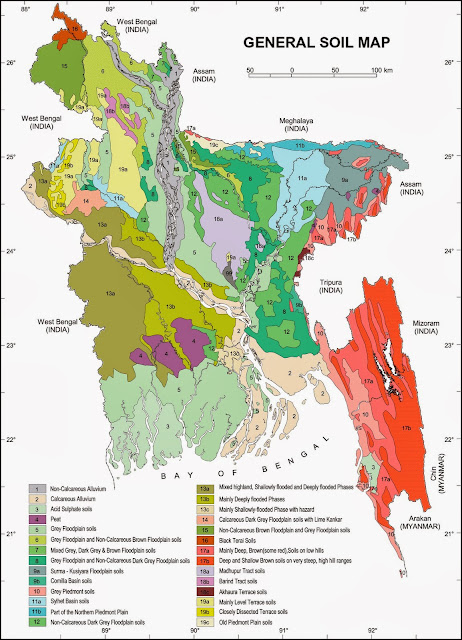Sustainability is a very large concept because is has multidimensional aspect. In generally we hope only sustainable growth in our economic aspect, but last fifteen years after its ascent to prominence, “sustainable development” remains the most powerful mobilizing ideal in the field of applied international development. The success of the sustainability ideal—at least measured by its continued prominence in development discourse—is due especially to its unifying promise, the way it seems to transcend ideological battles of the past. This became most clear in the 1990s, when, under the mantle of sustainability, most international development agencies sought to incorporate environmental considerations more centrally in their work and conservation organizations increasingly acknowledged the importance of development to meeting environmental goals. World Bank conferences on values and traditional cultural institutions in development (Davis and Ebbe 1995; Serageldin and Barrett 1996), and advocacy by the World Conservation Union (IUCN) on the role of spiritual traditions in constituting a “global ethic” of sustainability (Holdgate 1996) represented a significant broadening of the debate. The World Commission on Environment and Development had quite explicitly set the agenda for this convergence with its 1987 report, Our Common Future. The Brundtland Report, as it came to be known, defined sustainable development as the ability to “meet the needs of the present generation without compromising needs of future generations” (World Commission on Environment and Development 1987). It sought to build international consensuses for action, emphasizing the necessity of integrating the imperatives of environmental protection, economic development and social equity. In characterizing these goals as mutually reinforcing, the report sought to define a basis for cooperation among frequently opposed parties, including governments of the global North and South, industry, and a broad spectrum of environmental and local development activists.
In the issues of sustainable development: A discourse of contemporary approach of economist and sociologist or development anthropologist.
The issues of sustainable development are the different people embrace different idea on confident methodical concepts or other vicinity of understanding. Those technical attitudes are habitually valued by our positive past experiences or marvelous findings and other enormous innovations. Defiantly we gain some of the paramount acquaintance from practical sciences but it certainly is not the absolute structure of knowledge (P. Alejandro and K.A. Douglas: 1989). Personal discipline strength is the extreme outline of knowledge meanwhile on other side it may slightly involve a confusion of science as entire or awareness. Fundamentally knowledge is the study of the natural world through observation, recognition, explanation, tentative analysis and hypothetical explanations. If we look the lance of sociologist or development anthropologist than it would be found a clear picture of people centered development which are illustrated by the standard of social justice, comprehensiveness and eco-centric development that highly emphasis to local knowledge and local economy and self-sufficiency of the society as well as on the other hand that is that the international development agency or partner’s primary emerging is development by using local resources not their participation or sustainability but for sustainable development it’s very much necessary that people-centered improvement persuade people’s awareness association and encourage participatory conversation building progression for attaining sustainable improvement and biodiversity (Barua 2010, Korten 1990, Rahman 1994). Mainly n this paper it’s to be aggregate the contemporary approaches to gain sustainability in prospect of development as well as empirical findings the philosophy of economist and sociologist or development anthropologist. (Cont')


